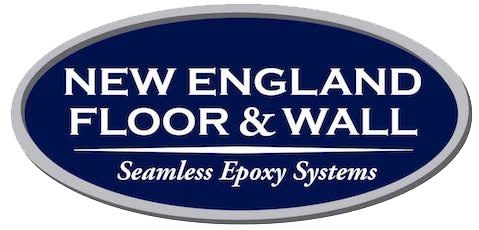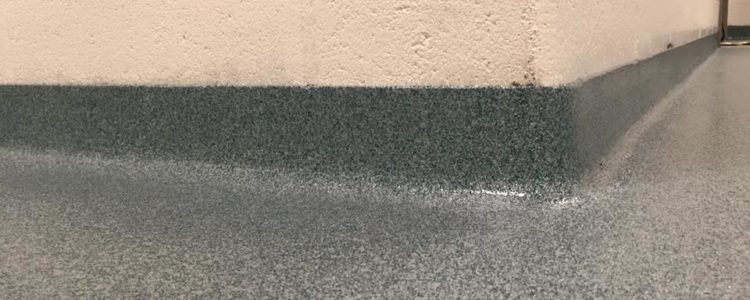So, you bought an existing building and have decided that you will want to open a new steakhouse. After months of planning, work is finally coming along. Your electrician comes in and certifies the existing wiring. Your plumber shows up and only has one or two drains to clean out before signing off. Your roofers have stated that you do not have leaks, and the drywall guys are in and out without a hitch. You have decided on the ceiling, what color your walls will be, everything down to the fixtures that will be hung up in the bathrooms, but have you thought about the floor?
Many times, businesses have based their floor finishes directly upon price as they have been allocating funds elsewhere such as: new furniture, business-related equipment, wall paint, etc. It is at this time that the questions often come out, “do I really need the seamless cove? Why can’t we just use rubber cove strip?” The short answer is this: not all cove base is equal. Without seamless, liquid will always find a way.
Integral cove base is installed at the same time the flooring system is being performed, and when done correctly, is completely seamless. Being seamless allows for 100% deflection of water, which is a must in many industries. In the food and beverage industry, strict rules and regulations are set on cleanliness, meaning most businesses must have an aggressive cleaning plan set in place. With this installation, water is prohibited from traveling in between the floor and wall. Without this installation, liquids may soak under the walls, contaminating the drywall, studs or any permeable material that is hidden behind the walls. Left unchecked, these areas often are a harbor for bacteria and mold, which in the long run will incur a large bill to remediate.
To eliminate this risk, ask New England Floor & Wall how you can protect your investment with integral cove base.

